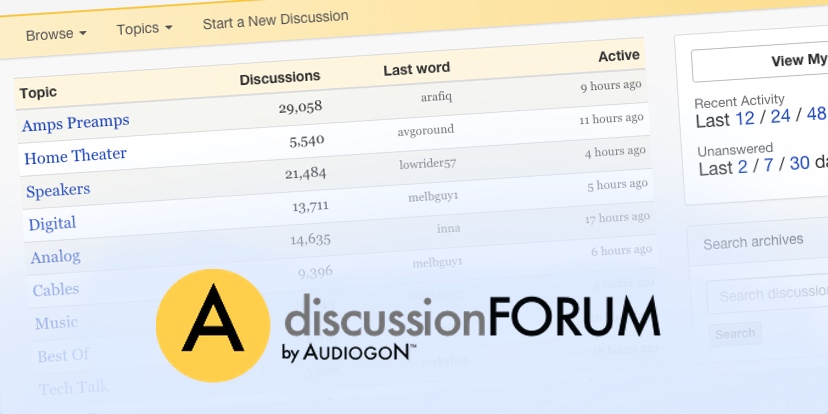OK then, i'll take a stab at it.
I started off in this hobby as a subjectivist. I even still have the overpriced speaker cable to prove it. After years mingling with them, I am familiar with the terminology.
After I switched to a more science-based approach to listening, and taking a lot of measurements, I started to realize that most of these audiophile terms directly correlate with the frequency response. For example:
- "Warm" = boost in lower midrange to mid.
- "Dark" = shelf cut in treble above 1-2kHz
- "Cold" or "Analytical" = a straight downwards shelf starting at 20Hz and -4dB to -6dB at 20kHz.
- "Fat" = too much upper bass / lower midrange
- "Hollow" = too little upper bass / lower midrange
My definition of "Musical" = a "fun" frequency response that varies with taste in music which corresponds with no known target curve. For example, any system that sharply rolls off at 60Hz is said to be "musical for vocals". The reality is - this system can't play anything except for vocals. Conversely, any system with a pronounced upper bass hump is "musical for rock". This is why subjectivists disagree on which speakers are "musical" and which are not, it's because that "fun" frequency response only flatters their taste in music and nobody else's.
Anybody with a PEQ can quickly turn your "analytical" and "cold" system into something "musical" by twiddling a few knobs. Try it, roll off the bass on an "audiophile approved" female vocal track (say, Rebecca Pidgeon) and suddenly her voice pops out with more clarity than ever before. If you want to make her sound even softer, try rolling off the treble above 6-7kHz. Voila, your system is now "musical".
I haven't elaborated on other terms, such as "sibilance" or "boominess" because usage of these terms is common with objectivists. Everyone understands that these correspond to pronounced upper treble and too much reverb respectively.

 forum.audiogon.com
forum.audiogon.com


